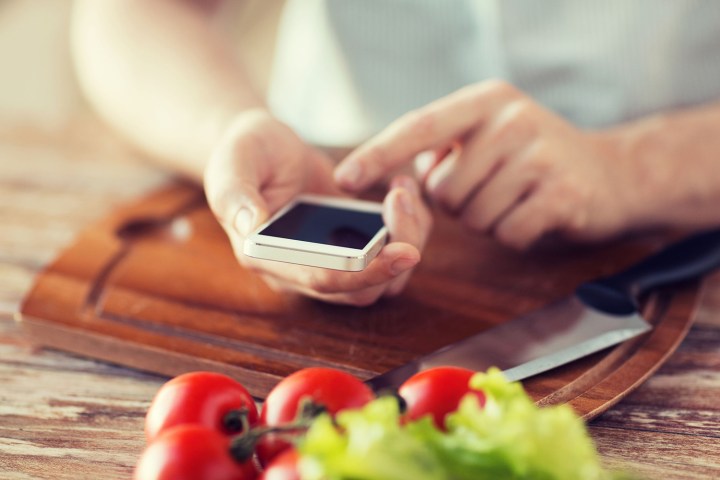
The survey, which included 355 Americans over the age of 18, asked a total of 28 questions, including three that required participants to self-report their average levels of anxiety, happiness, and connection to friends and family on a scale of one to five. The goal of the study, Delvv said, was to explore the “digital norms, expectations, and habits that influence smartphone use.” And unsurprisingly, many of the survey results seemed to be divided along generational lines.
“Compared to older generations, millennials feel much more pressure to respond immediately to text messages and instant messages,” said Felice Gabriel Miller, founder and President of Delvv. “In the space between true smartphone addicts and regular users, there are probably a lot of people who use their smartphone excessively just to avoid the social consequences of disconnecting.” Indeed, Delvv’s conclusions also suggested a correlation between smartphone use and psychological health, with a number of respondents suggesting that the pressure to reply to a text or call (or receive a reply) contributed to overall anxiety levels.
In terms of response rates, Delvv’s study found that 32 percent of millennials (defined as those between the ages of 18 and 29), expect a reply to a text within 15 minutes. Both Gen Xers (30 to 59) and Baby Boomers (60+) were much more lax about this time frame. Millennials also seem pretty hard on themselves when it comes to maintaining an strong reply rate, with 79 percent saying they’ll respond to a text within 15 minutes. It turns out that 56 percent of Gen Xers agree, whereas only 46 percent of Baby Boomers are as efficient in their digital communication.
That said, is it always appropriate to respond to a text? Most respondents (68 percent) said that phones should be put away during meals, but if you take a long time to eat, you may be contributing to someone’s unhappiness or anxiety. In fact, Delvv found that respondents who reported lower happiness levels or higher anxiety levels were more likely to expect immediate responses.
But perhaps most indicative of our obsession with our phones is the sheer number of tradeoffs many Americans are willing to make on their behalf. 29 percent of Americans would rather give up all sexual interactions for three months than switch from a smartphone to a call or text only phone for three months. 74 percent of Americans would rather go sober for a month than give up a smartphone for a single week.
Don’t worry, though — we know we have a problem. 61 percent of millennials said they thought they ought to use their smartphones less often. But talk is cheap, friends. And we’ve yet to see the day when the majority of American millennials go phoneless.


